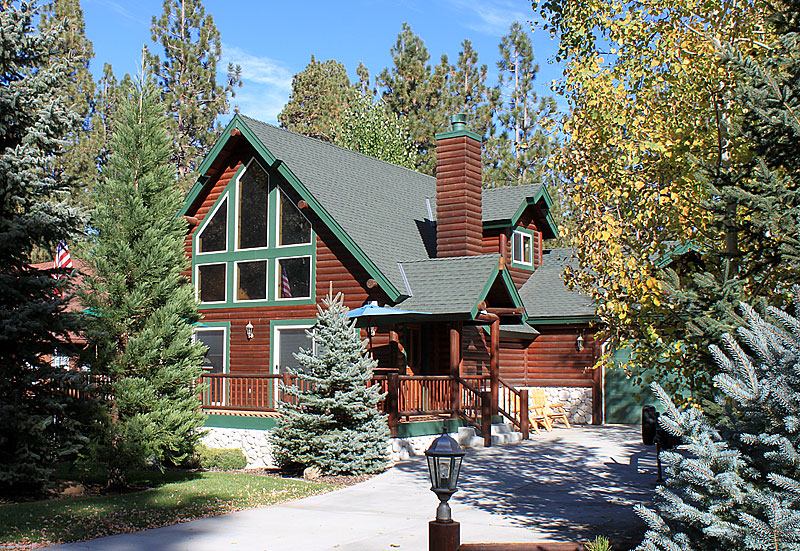The last thing a home buyer wants to worry about after closing is an expensive repair in their new home. Since that can cover a multitude of items and systems, it’s a good idea to get a home protection plan. It’s especially a good idea if you’re a first-time home buyer with no “do-it-yourself” skills. Most homebuyers may not be be particularly well informed about home warranty policies, home warranty companies, or the various optional coverage available, and should ask their real estate agent for guidance.
Who Pays for the Home Warranty?
It varies and is often negotiated in the purchase agreement. The majority of the time the seller will pay for the coverage to give the buyer peace of mind in case something breaks after the close of escrow. Occasionally the buyer may pay for the warranty to mitigate any repair expenses.
How Much Does a Home Warranty Cost?
Home warranties typically range from $250 to $400, depending on coverage. Policies are prepaid for a year in advance, at which time they will expire or can be renewed.
How Do They Work?
Although specific plans provide for specific types of coverage, most operate the same way. When a home system or appliance stops working the homeowner will contact the warranty company and they in turn will call a local service provider to assess the problem. The local service provider will determine whether the item can be fixed or needs to be replaced. Once the work is approved by the home warranty company the local service provider will repair or replace the appliance and be paid by the home warranty company. The home owner pays a small trade service fee, usually less than $100.
Types of Coverage
Because all plans differ, you will want to ask specifically what is covered and be sure to read the fine print. Pay close attention to whether the home warranty company will pay for repairs to make certain types of systems or appliances compliant with new regulations.
What’s usually covered in a general policy?
•Plumbing systems
•Range/oven
•Dishwasher
•Garbage disposal
•Exhaust fans
•Sump pump
•Water heater
•Ceiling fans
•Heating and electrical system components
•Built-in microwave
Excluded items may include:
• Faucet repairs (unless otherwise stated in the policy)
• Spa or pools (you can request/add this coverage in some cases)
• Hot tubs (you can request/add this coverage in some cases)
• Not all plans pay for washers and dryers or garage door openers. These come under “Enhanced Coverage”
• Outdoor items such as sprinklers
• Icemaker
• Well Pump
• Central Vacuum
• Roof Leaks
• Septic system
• Stand Alone Freezer
Certain conditions such as improper maintenance, code violations, unusual wear and tear, and/or improper installation can cause your claim to be denied. Coverage and exclusions vary depending on the company and the warranty plan. Always ask to see a sample copy of a policy before you commit.
More About Home Warranties;
- Information About Home Warranties – Information About Home Warranties. Posted on October 18, 2012 by. When you purchase a home, you are coming to a decision to invest a substantial sum of money. Since your house is one of your largest assets, you must make sure that it …
- Home Warranties Take Some of the Worry out of Home Buying – Zillow – Two products — the home warranty and the builder warranty — typically insure appliances and major systems in a home, whether it’s new or just new to you.
- Home Warranties vs Home Insurance – An explanation of the differences between home insurance and a home warranty.









Speak Your Mind